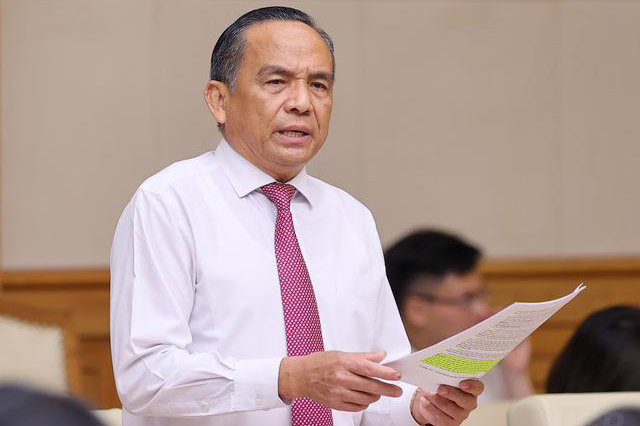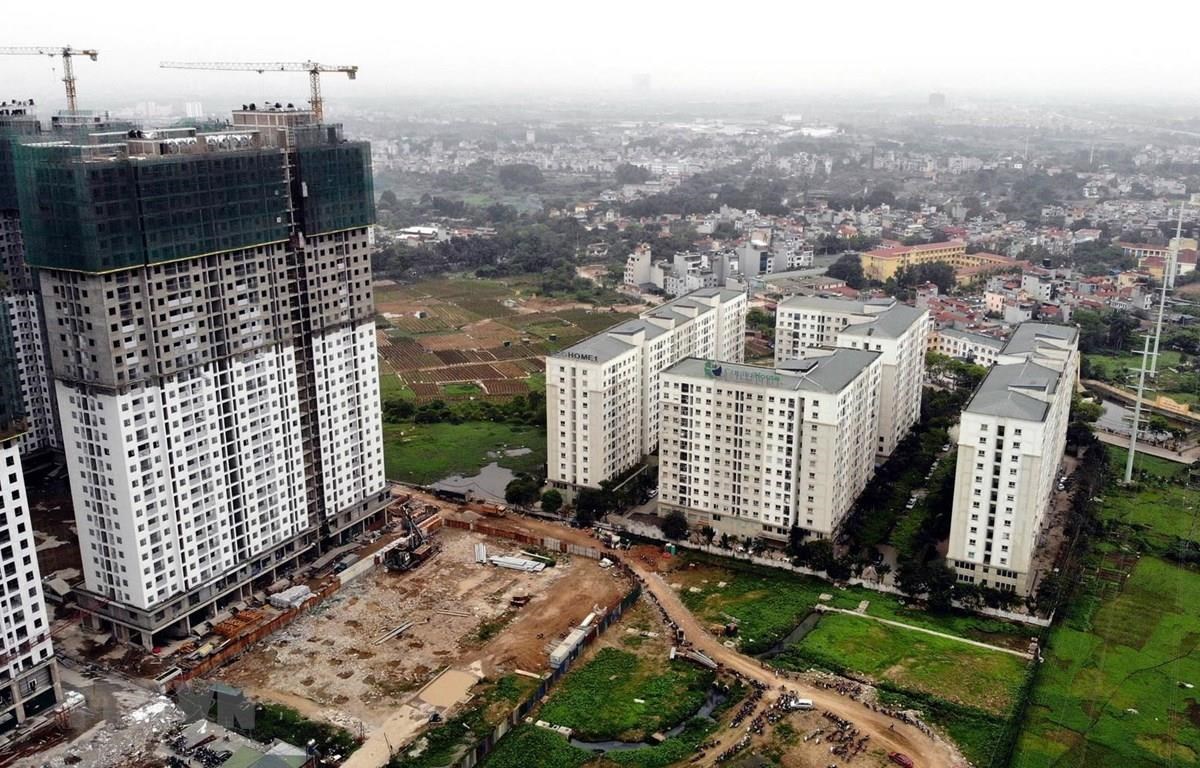Clarifying regulations on social housing
According to Mr. Lê Hoàng Châu, Chairman of HoREA, appropriately defining social housing is critical for determining eligibility for housing support measures.
The draft amended Law on Housing is currently under review, but there are still ambiguities in the explanation of social housing. In the draft, social housing is explained as housing supported by the State for individuals eligible for housing support policies according to this law.

Distinguishing two main policy groups
Not all people who qualify for housing support are considered inhabitants of social housing. For example, homes of revolutionaries, relatives of martyrs eligible for housing improvement assistance, poor and near-poor households in rural areas, and those in urban areas specified in Sections 1, 2, 3, and 4 of Article 74 of the draft Law on Housing (amendment) are not classified as social housing. They are instead classified as personal or household-owned houses.
As a result, there must be a clear separation between two major housing assistance policy groups: one for social housing and another for home improvement support.
According to the HoREA, social housing refers to residences with State assistance for those who are entitled for housing support programs as outlined by this law. Social housing is available for government officials, civil servants, state employees, workers, laborers, students, trainees, and military forces members, as well as industrial zone workers.
Amending tax payment conditions
Furthermore, it is recommended to revise and augment the income requirements for persons eligible to acquire or rent social housing. To be consistent with the existing actual reality, they should not be subject to personal income tax or fall into the first income tax category, as per the law rules on personal income tax connected to wages and salaries.
In actuality, many people work unregistered, earning greater earnings and salaries, sometimes much more than their publicly stated wages and salaries. These people nevertheless fulfill the income requirements (they are not subject to personal income tax) to buy or rent social housing.

The Housing Law merely states that persons qualified for social housing assistance are not liable to personal income tax on earnings and salaries, excluding other kinds of income.
The HoREA thinks that amending Article 4 of the Personal Income Tax Law and point b of Article 76 of the proposed Law on Housing (amendment) is critical to ensuring the legal system's coherence and uniformity, as well as its adaptability to the present practical situation. Individuals liable to the first income tax rate for earnings and salaries should be able to acquire or rent social housing within the timeframe provided by the government. Individuals described in Section 4 of Article 74 of this legislation must be designated as poor or near-poor by the government.
Furthermore, it is suggested to revise and update Sections 7 and 8 of Article 4 of the Personal Income Tax Law, allowing the government to select circumstances where particular income sources, such as interest on deposits at credit institutions or revenue from remittances, are excluded from personal income tax.
Mechanisms for Assisting Landlords in Renovating, Repairing, or Building New Tenant Accommodations
In addition, rules encouraging investors to negotiate for the right to utilize existing land or land-use rights in accordance with land use plans and urban development regulations are advised for investment in social housing projects. It is proposed that Option 1 be implemented, as outlined in Sections 2 and 3 of Article 81 of the draft Law on Housing (amendment).








